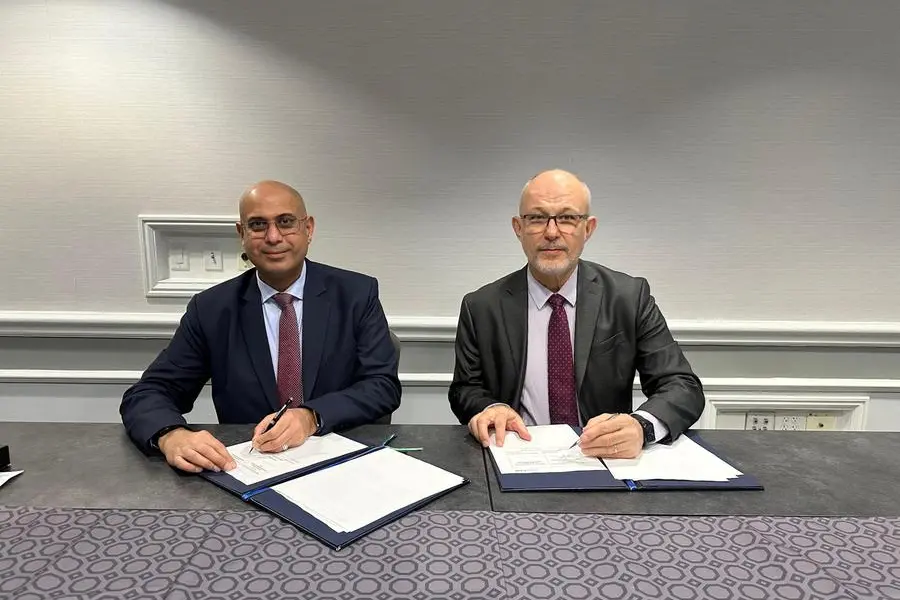PHOTO
On the sidelines of the 2024 Annual Meetings of the International Monetary Fund (IMF) and World Bank, the Saudi Export-Import Bank (Saudi EXIM) signed 3 Memorandums of Understanding with the Africa Finance Corporation (AFC), IDB Invest, and the Development Bank of Latin America and the Caribbean (CAF), aiming to develop Saudi non-oil exports and enhance their competitiveness in global markets.
The three memorandums were signed by His Excellency Eng. Saad bin Abdulaziz Al-Khalb, the CEO of the Saudi Export-Import Bank, with Mr. Samaila Zubairu, the President and CEO of the Africa Finance Corporation, the CEO of IDB Invest Mr. James P. Scriven, and Mr. Antonio SILVEIRA, Vice President of CAF Development Bank of Latin America and the Caribbean, with the signatures taking place in the U.S. capital, Washington.
His Excellency Eng. Saad Al-Khalb stated: “The Annual Meetings of the IMF and World Bank present an ideal opportunity to strengthen economic and trade relations. Therefore, we were keen to expand our trade relations in pursuit of the bank’s objectives to contribute to enhance the non-oil national economy by developing Saudi non-oil exports and improving their competitiveness in various global markets, thereby creating new opportunities for local exporters to access diverse markets and enhancing trade exchange between the Kingdom and the rest of the world."
His Excellency Eng. Saad Al-Khalb held intensive meetings with leaders and senior executives from government and international institutions focused on trade development and international investment, as well as financial institutions. This aimed to contribute to the growth and sustainability of international trade and explore avenues for cooperation that enhance the access of Saudi non-oil exports to global markets.
It is worth noting that the Saudi Export-Import Bank is a development bank affiliated with the National Development Fund, contributing to diversifying the economic base of the Kingdom by enhancing the efficiency of the export system for non-oil national products and services, addressing financing gaps, and reducing export risks. This supports the growth of the non-oil national economy in line with Saudi Vision 2030.



















